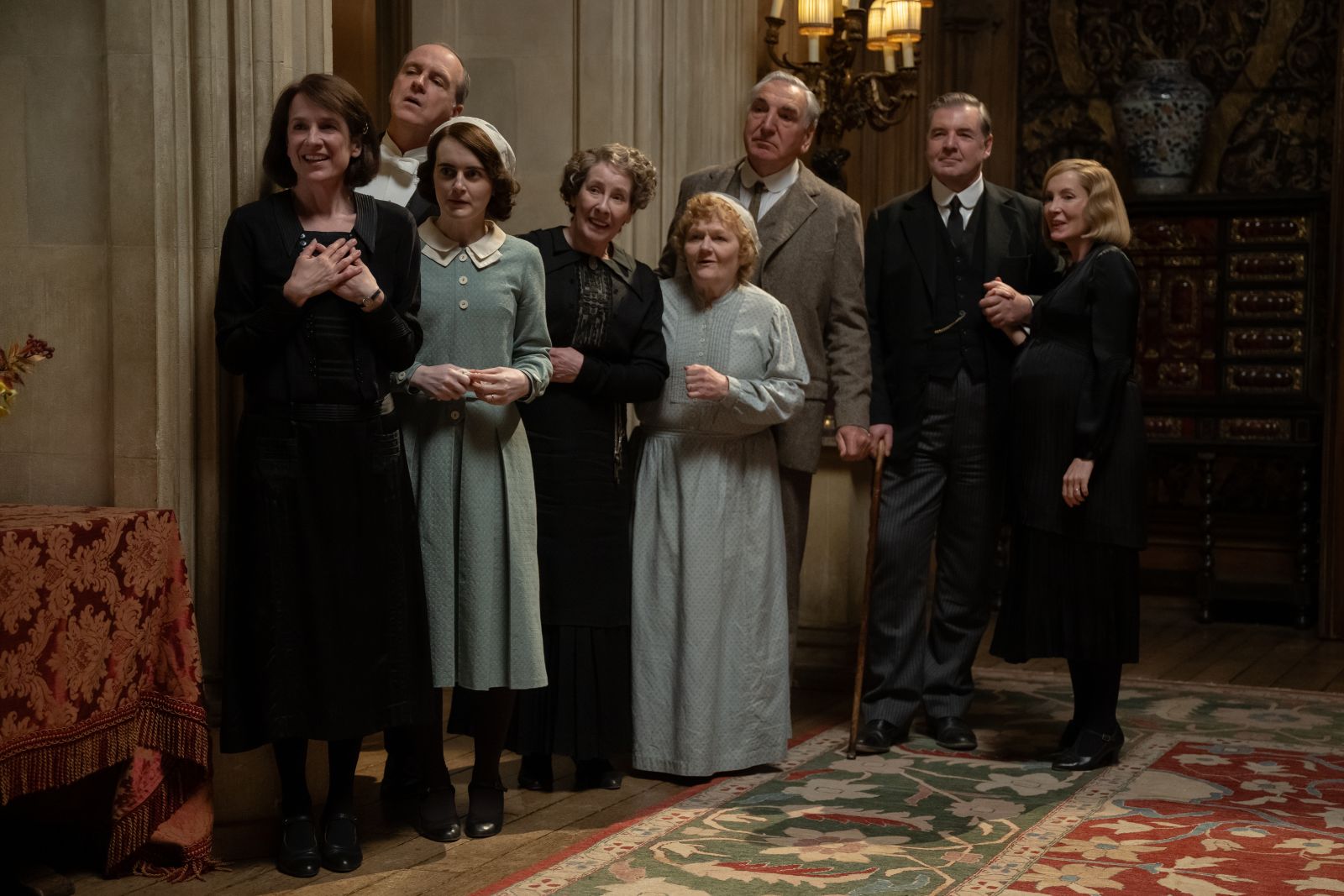Mouthpiece: Downton Abbey revisited
The Downton Abbey franchise is drawing to a close at the cinema this month, but what does our regular columnist make of the manor house-admiring Bates-athon? Using the art of method acting, Kevin Fullerton dives into the pilot episode

Julian Fellowes’ Upstairs Downstairs rip-off has been like an outreach programme for struggling posho thesps, giving their plummy accents a much-needed leg-up since 2010 with its combination of plush interiors, soap-opera plotting and boot-licker’s passion for primogeniture. I’ve never been a fan; I always assumed that the average Downton Abbey viewer got a feverish erection every time the word ‘balustrade’ was uttered on a National Trust walking tour.
My suspicion was based on nothing more than a cartoonish prejudice at flag-shagging, golden-age fantasists who think aspirational programming involves imagining you’re Hugh Bonneville’s butler. I hadn’t even watched a full episode. As the Downton saga is coming to an end this month with the feature-length Downton Abbey: The Grand Finale, I might as well finally try to fathom its appeal. But there’s no way that a class-sensitive liberal with a barely comprehensible Scottish accent like me will appreciate it, so I’ve decided to view the show’s pilot episode from two perspectives, which I’ll inhabit with the verisimilitude of Ed Gein in a skin suit: one a 19th-century Yorkshire miner who exclusively drinks bitter and liquified Hovis; and the other a money-lined aristocrat who’s prone to snorting ivory powder as a sexual aid.
First up, the miner: ‘Ay’up, ducky. Ah’ve put me ’ovis in a blender so ah can enjoy a pint of wholegrain with me Downton. Ooh ducky, ah wish ah could live in an ’ouse as big as that there owned by Sir Bonnyveele. Even if ah was a reet smelly servant, ah could at least finger a trinket or two (ah do have a fancy for fingerin’). Ooft, that ’ovis is going down reet smooth with me bitter. Ah love that reet quiet lad Mr Bates and his friendship with Bonnyveele, who seems like a lovely man even though he could pay to ’ave Bates killed if he wanted.’
And I’m back, although my breath stinks of soggy bread. After existing in this frighteningly well-realised character for an hour, I understand that, like buying a lottery ticket, there’s a certain appeal in imagining you too could find yourself within reach of untold wealth, and that a few of the alien upper classes may even welcome you with open arms (Bonneville’s unlikely enthusiasm for the increasingly porous attitudes to social class in the 1920s helps reinforce this wish fulfilment).
But what of the peasant-strangling rich? Let’s find out: ‘Tally-ho. It’s been simply divine to snort elephant tusk until I achieve optimal tumescence for Downton. My, how I do enjoy witnessing the poor scrap amongst themselves. It reminds me of the time myself and Henry (my brother who, thanks to my family’s proud history of inbreeding, is also my uncle twice removed) threw money in the air at a local ruffians ale house. My, how we guffawed.’
Perhaps the enduring appeal, despite Fellowes’ priggish writing style, is that the poor can emulate the rich while the rich can continue to vaguely sneer at the poor. In the complicated world of the UK’s social-class system, this Tory Britain Through The Keyhole might actually be about trying to reach across the socio-economic barriers placed before us.
Downton Abbey: The Grand Finale is in cinemas from Friday 12 September.